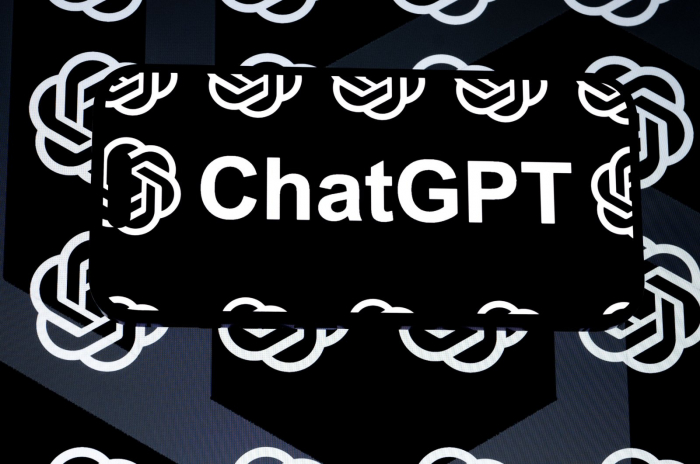It’s been only a few months since the release of ChatGPT-4o, the most capable version of ChatGPT yet. But GPT-5 might be just around the corner.
OpenAI, the company behind ChatGPT, hasn't publicly announced a release date for GPT-5. But during interviews, Open AI CEO Sam Altman recently indicated that GPT-5 could launch quite soon.
Sam Altman is not content with the current state of artificial intelligence (AI) as mere digital assistants. While ChatGPT was revolutionary on its launch a few years ago, it’s now just one of several powerful AI tools and has a lot of rivals that can perform just as well. So it’s now time to shake things up a little.
Sam Altman, the CEO of OpenAI, has an exciting vision for the future of AI. He sees AI evolving from being just digital assistants to becoming highly capable colleagues who can work alongside us, enhancing our productivity and creativity. This vision is not just about making tasks easier; it's about creating a new kind of partnership between humans and AI. Here's what this concept looks like in more detail.
Creative collaboration
Imagine an AI that knows you as well as your closest colleague. Unlike today’s AI assistants that respond to specific commands, this future AI would have a deep understanding of your life. It would know your emails, conversations and personal preferences. For example, if you’re working on a project, it will remember every detail you’ve mentioned and use this knowledge to provide insightful suggestions or even complete tasks for you. It could remind you of important deadlines, suggest relevant resources or help you brainstorm ideas, all based on a comprehensive understanding of your past experiences and current needs.
Proactive approach
This AI wouldn’t just wait for you to ask for help. It would be proactive, anticipating your needs and offering solutions before you even realize you need them. For instance, it could analyze your schedule and traffic patterns to suggest the best time to leave for an appointment. It might scan your emails to identify important upcoming deadlines and recommend tasks you should prioritize.
This proactive assistance could save you time and reduce stress, allowing you to focus on more important and creative aspects of your work and life.
Beyond automation
While AI is great at automating repetitive tasks, Altman’s vision goes much further. This AI would be a true collaborator, offering different perspectives and challenging your assumptions. It could analyze your writing style and provide constructive feedback to help you improve. It might brainstorm with you, offering new ideas and creative solutions to problems. This AI wouldn’t just do tasks for you; it would help you think better and make better decisions.
Smooth integration
A key aspect of Altman’s vision is that this AI should blend seamlessly into your daily workflow. It shouldn’t feel like a separate tool you have to consciously interact with. Instead, it would provide subtle suggestions and helpful nudges without interrupting your flow. For example, it might quietly flag important information in your documents or automatically correct errors in your emails. This seamless integration would ensure that the AI enhances your work without becoming a distraction.
But achieving this vision comes with significant challenges.
Privacy concerns
An AI with such deep access to personal information raises crucial privacy issues. OpenAI would need to ensure that users' data is protected and used transparently. People need to trust that their information is secure and handled ethically.
Likewise, there is also the risk of AI bias. If the AI learns from biased data, it could perpetuate those biases in its recommendations and actions. Ensuring that the AI operates fairly and without prejudice is crucial to avoid reinforcing existing societal biases and inequalities.
But still, Sam Altman’s vision of a super-competent AI colleague is both exciting and transformative. This AI would go beyond being a tool, becoming a true partner that enhances our abilities and enriches our lives. By providing deep knowledge, proactive assistance and creative collaboration, it could help us achieve more than we ever thought possible. As we move toward this future, addressing the challenges of privacy and bias will be essential to ensure that this advanced AI serves as a positive force in our lives.
More about: #ChatGpt
















































